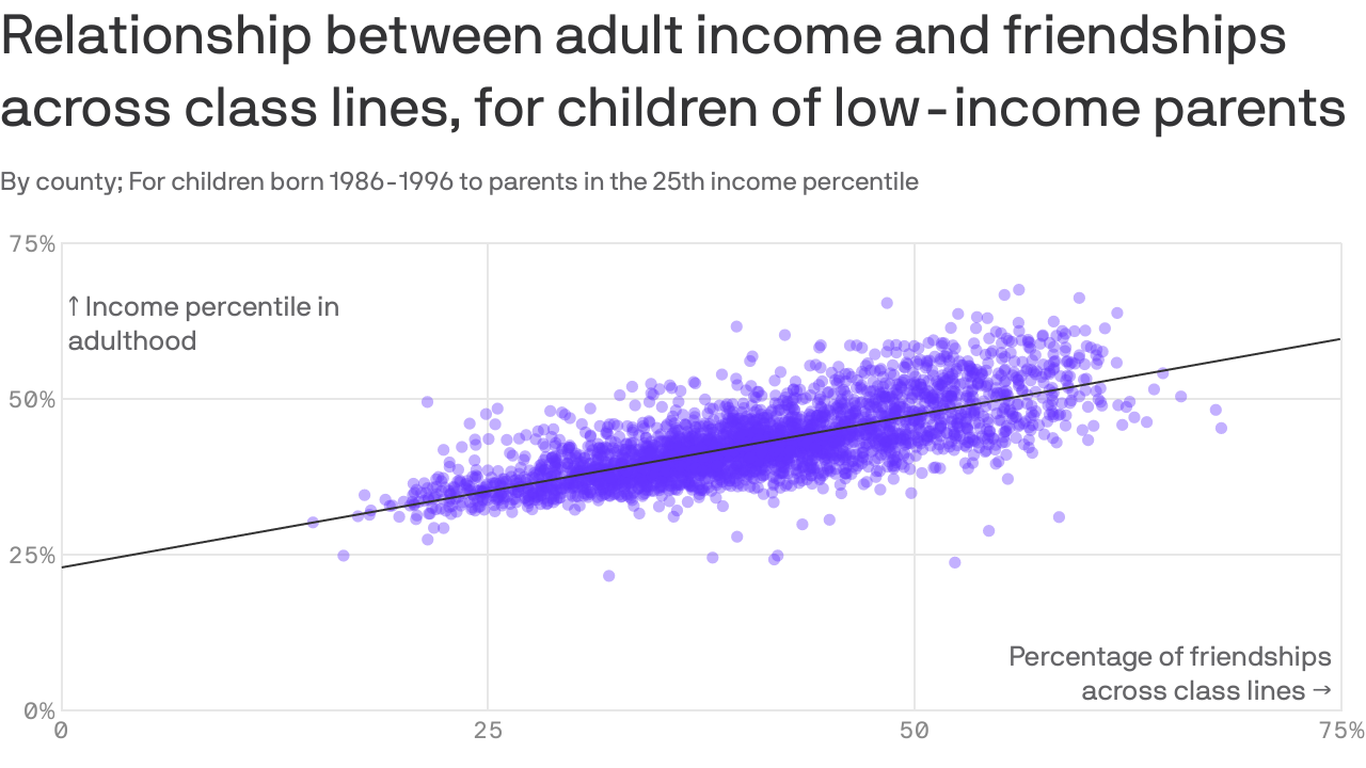Nick Kyrgios has slammed the “disgusting” behavior of some tennis fans, after video circulated on social media of Daniil Medvedev being heckled after his second round loss to the Australian in Montreal.
Key points:
- Video showed Daniil Medvedev being called a “loser” by fans as he walked towards the locker room
- On social media, Nick Kyrgios said fans needed to “show some respect” to the number one men’s player
- Medvedev said he had felt compelled to stop and talk to the fans because, “when someone mocks me, I’ll respond”
In a video re-tweeted by Kyrgios, Medvedev is shown being called a “loser” as he walks towards the locker room with security.
Medvedev then stops, turning and speaking with the fan, as someone shouts “you respect us and we respect you.”
Others can be heard imploring the fan to apologise.
On Twitter, Kyrgios labeled the fan’s behavior as “disgusting”.
“This is the best we have in the sport, fans need to show some respect.”
loading
The interaction came after Kyrgios had defeated the Russian world number one at the ATP’s Montreal Masters, 6-7 (2-7), 6-4, 6-2.
At a press conference for the Western and Southern Open in Cincinnati, Medvedev said he had felt compelled to approach the spectator.
“When someone mocks me, I’ll respond,” he said.
“It would be bad to let people shout bad things at me and just keep walking. I will ask what his problem is.”
Medvedev said he had also talked to the father of the fan who had called him a “loser”.
“The father of the guy said something to me also — I say: ‘Educate your kid’,” Medvedev said.
“This is one of the first times it has happened to me. It doesn’t really happen a lot.”
Medvedev implied that abuse from fans was much more common online than in real life.
“On social media [insults] are a bit out of control,” he added.
Kyrgios eventually lost in the quarter-finals of the Montreal Masters to Poland’s Hubert Hurkacz.
Hurkacz, the number eight seed, won 7-6 (7-4), 6-7 (5-7), 6-1.
The Australian had previously won 15 of his last 16 matches, and finished runner-up at Wimbledon.
.

